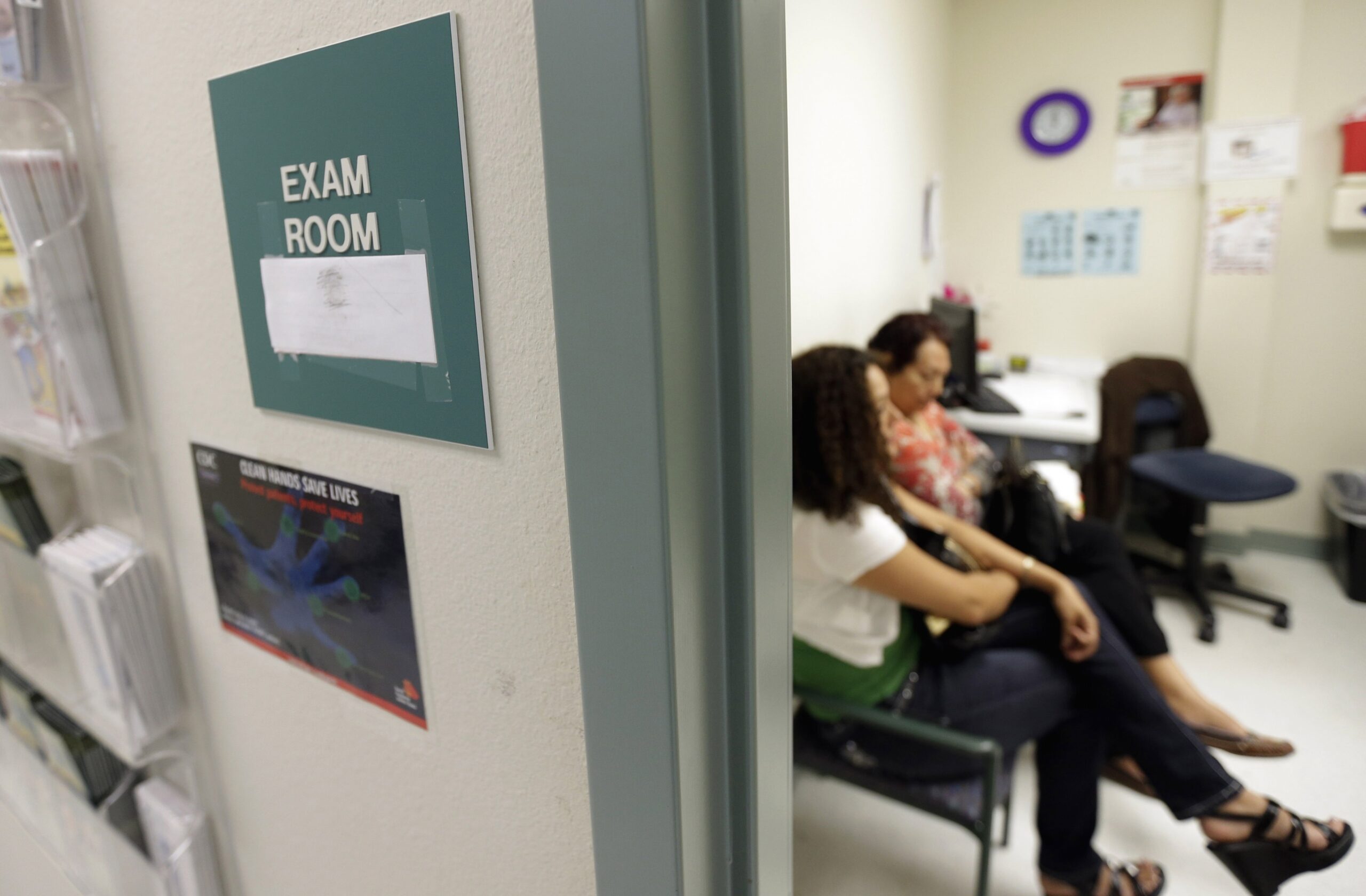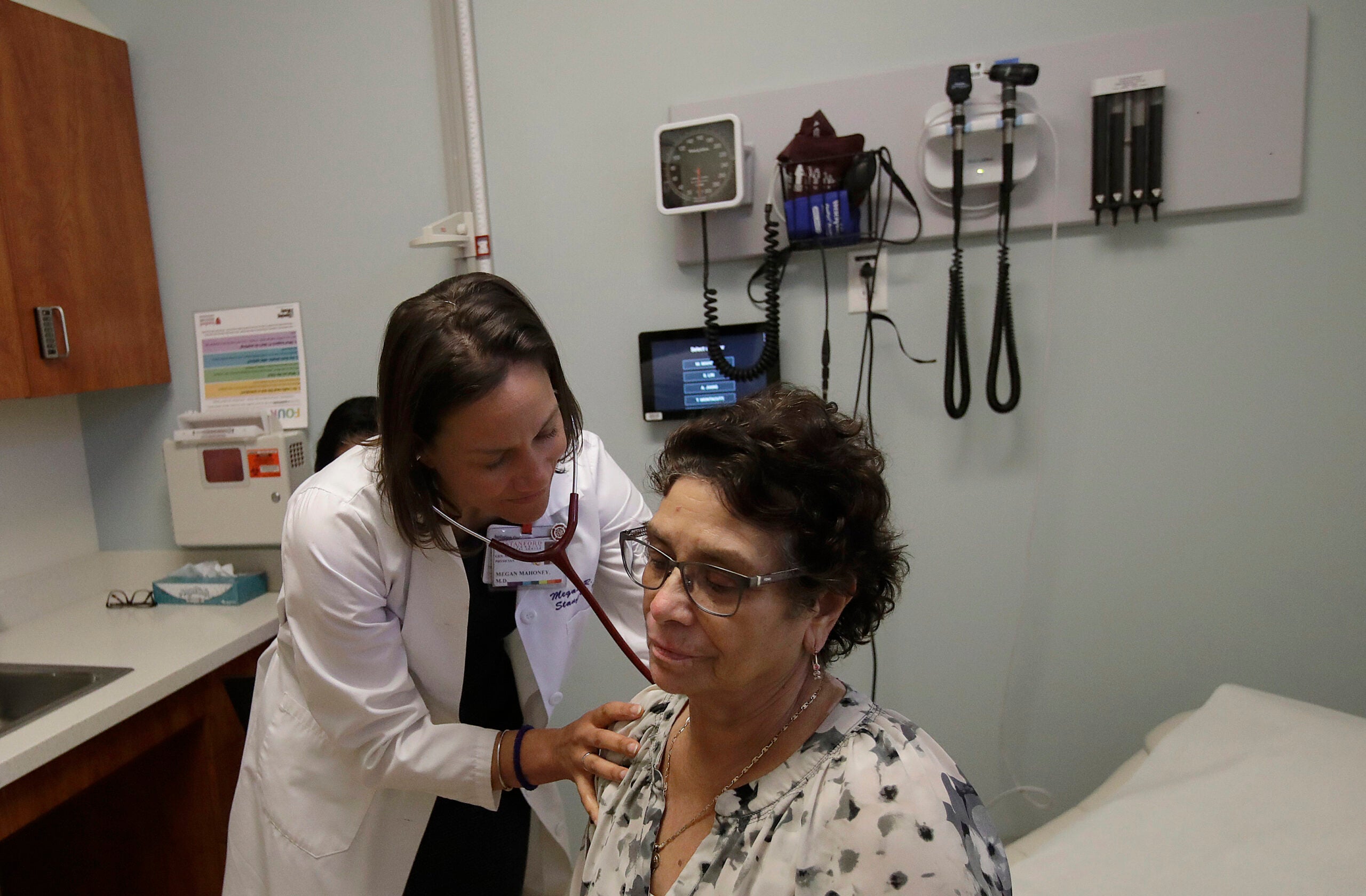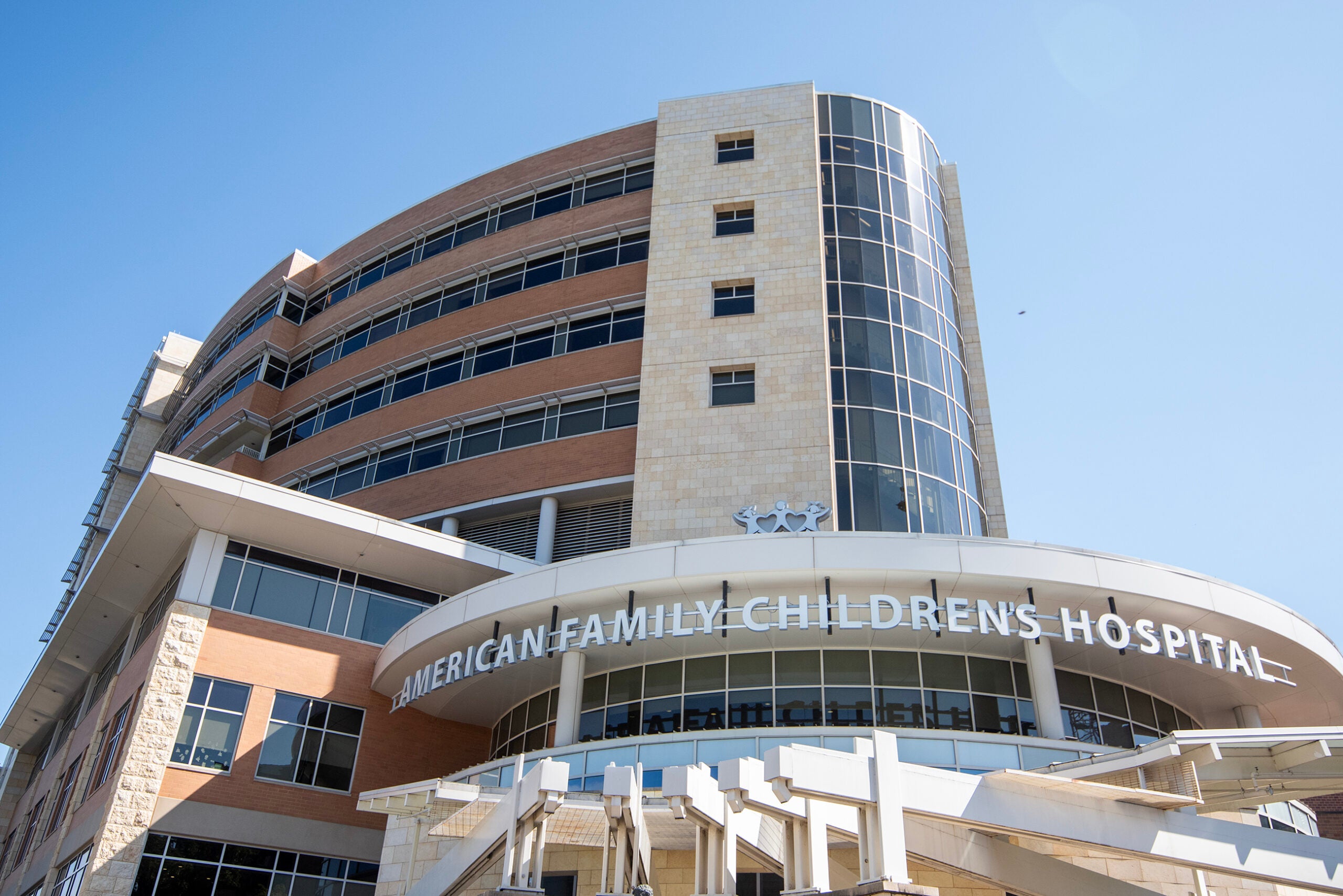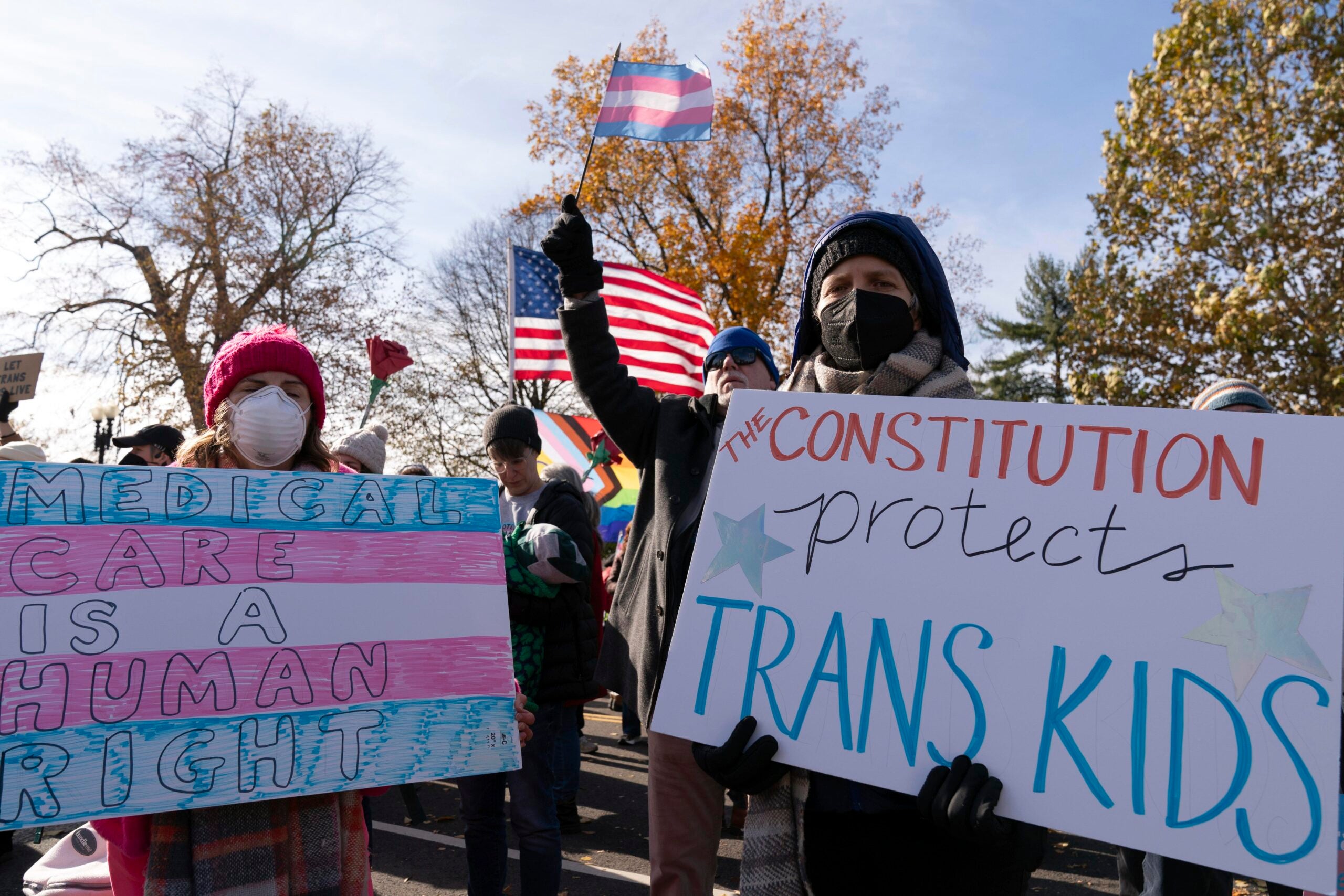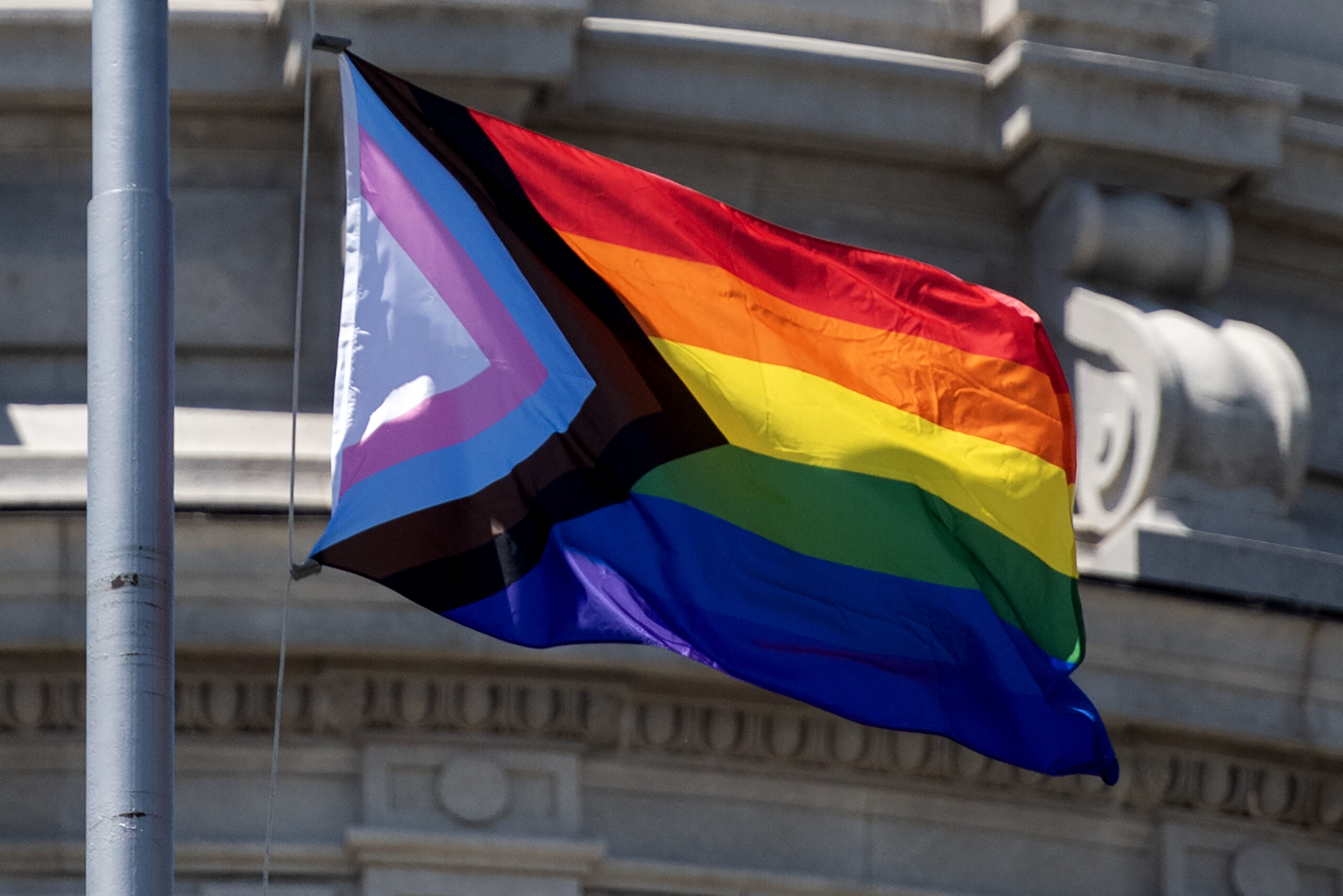For anyone, going to the doctor can be an uncomfortable and anxiety-fueled experience that’s easy to put off. But for the LGBTQ population, the visit can cause even more stress.
According to a recent poll, nearly 1 in 5 LGBTQ adults have avoided seeking medical care citing a fear of discrimination. While at the same time, the group faces disproportionately higher rates of mental illness, HIV, unemployment, poverty and harassment.
Dr. Kathy Oriel, who specializes in treating LGBTQ patients, calls the experience emotionally exhausting.
News with a little more humanity
WPR’s “Wisconsin Today” newsletter keeps you connected to the state you love without feeling overwhelmed. No paywall. No agenda. No corporate filter.
“To have to explain to people over and over why the name you prefer to be called is not what’s written on your chart and the way you appear may not match the gender marker in the chart … most people don’t find health care settings really comfortable places to be anyway,” she said.
For the physicians’ part, studies show that they regularly report feeling underprepared to treat and understand the needs and health risks of the LGBTQ population.
And while the majority of health care providers mean well, Oriel said, everyone comes with their biases.
“Doctors, nurses, health care providers may still make judgments about people until they’ve really heard their story,” she said.
Electronic medical records have complicated the issue, Oriel said. While there are many safety advantages to electronic records, keeping internal biases in check and developing the personal relationships with patients that provide context to their stories is more challenging than it was with paper records.
“It used to be when there was personal information that I wanted to remember, for instance, had a gay man who was a parent, I would write … what that partner’s name is, but because I knew that that person, because of their sexual orientation could lose parental rights, I didn’t put that in the formal record,” she said.
Oriel has more than 20 years of experience in the University of Wisconsin health care system, but now runs a private practice, Oriel Medicine, in Madison. She started her own practice so she could get back to a more personalized model of treating patients.
Knowing the names and stories of patients is crucial to providing care for potentially vulnerable people, she said.
Oriel also had concerns about the approach to caring for transgender patients.
“The medical term is called gender dysphoria and that is a psychiatric terminology … meaning people are unhappy with certain parts of the body they currently have,” she said. “And what was happening is that I was being told that I needed to include that diagnosis during visits that really didn’t have anything to do with gender.”
Oriel notes that the field has come a long way, pointing to UW Health offering gender confirmation surgery and the creation of the Pediatric and Adolescent Transgender Health Clinic, among other resources.
“Most health care systems acknowledge that this is medically necessary care … that’s really important,” she said.
For medical professionals looking to overcome the issues and stigma associated with providing care to the LGBTQ population, Oriel said to start by recognizing the courage it takes to share their story.
“The second thing is … to say, ‘Hey, I want to help you be your best self and I don’t have that information right now, but I’ll get back to you with resources and we’ll get you to somebody who can help you meet your needs,’” she said.
Wisconsin Public Radio, © Copyright 2026, Board of Regents of the University of Wisconsin System and Wisconsin Educational Communications Board.

